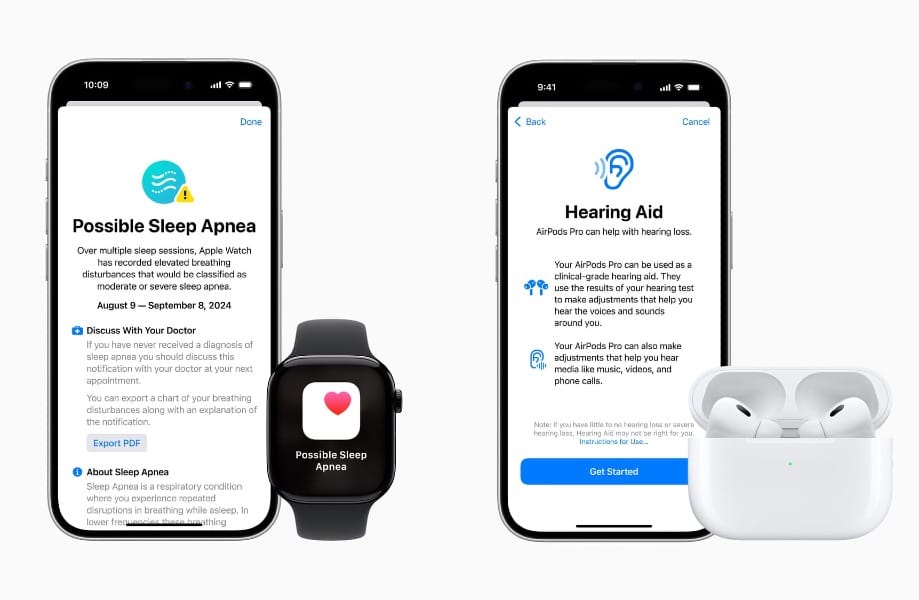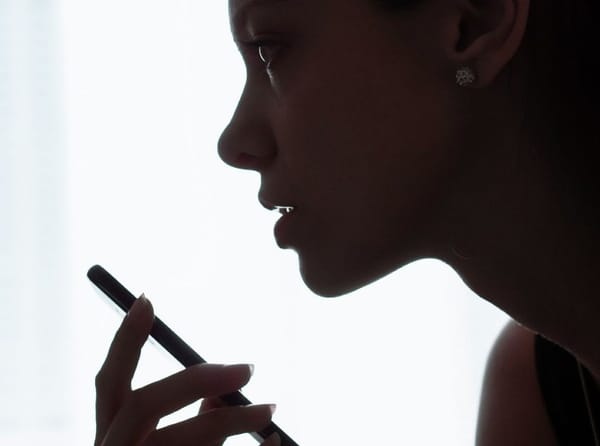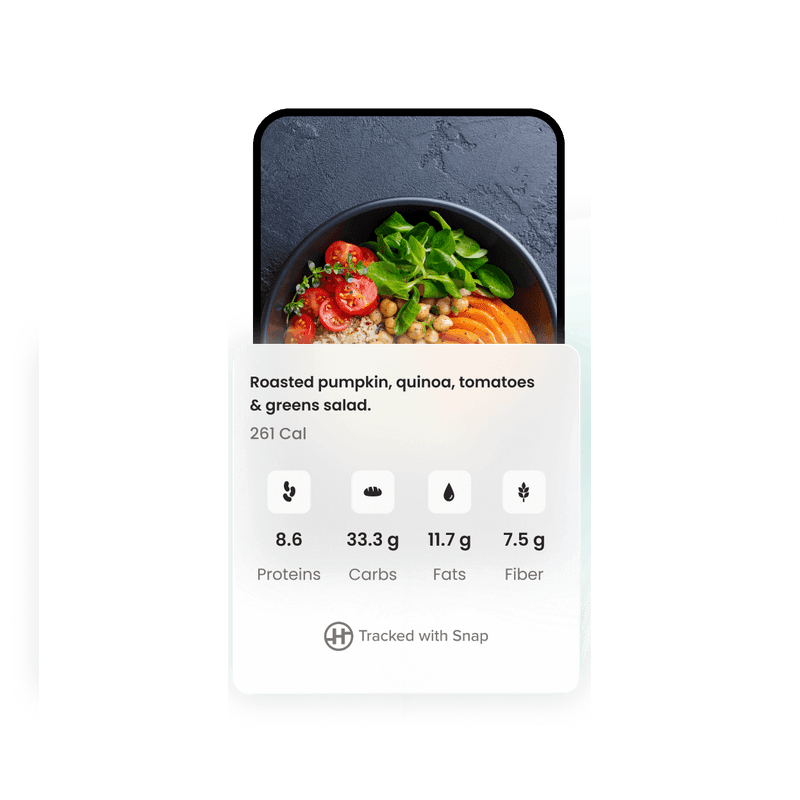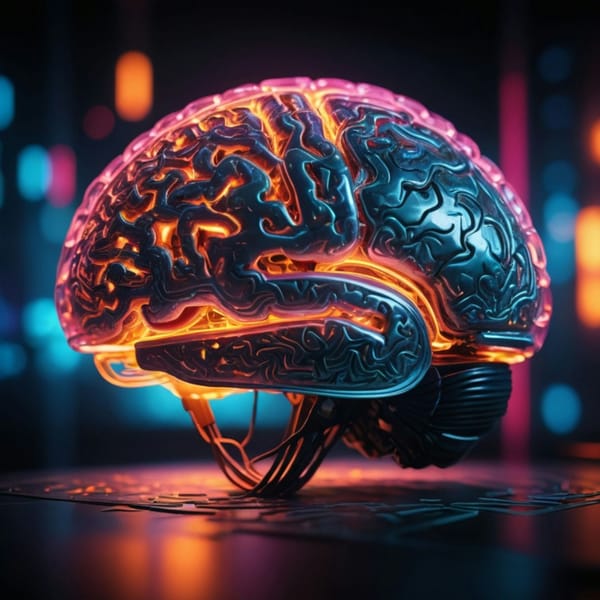In a brilliant move, Apple has unveiled a suite of new health features for its popular devices, aiming to address widespread conditions that affect billions of people worldwide. The tech giant is leveraging its ubiquitous products - the Apple Watch and AirPods Pro - to bring clinical-grade health monitoring and assistance into the daily lives of its users.
Key takeaways:
• Apple Watch to offer sleep apnea notifications
• AirPods Pro to provide hearing protection and act as over-the-counter hearing aids
• New features target conditions affecting over 2.5 billion people globally
• Innovations aim to make health monitoring more accessible and user-friendly
The silent epidemic of sleep apnea
Sleep apnea, a condition where breathing repeatedly stops and starts during sleep, affects an estimated 1 billion people worldwide[1]. Despite its prevalence, it often goes undiagnosed, leading to increased risks of hypertension, type 2 diabetes, and cardiac issues.
Apple's new Breathing Disturbances metric uses the Apple Watch's accelerometer to detect small wrist movements associated with interrupted breathing patterns during sleep. This innovative approach allows for non-invasive, long-term monitoring that could potentially identify signs of moderate to severe sleep apnea.
Dr. Sairam Parthasarathy, director of the University of Arizona Health Sciences Center for Sleep, Circadian, and Neurosciences, hails this development as "a major step forward in improving public health"[2]. The ability to reliably identify abnormal breathing patterns during sleep could lead to earlier interventions and better health outcomes for millions.
Revolutionizing hearing health
Hearing loss affects approximately 1.5 billion people globally, according to the World Health Organization[3]. Apple's new features for AirPods Pro aim to address this issue comprehensively, from prevention to assistance.
The new Hearing Protection feature uses advanced noise reduction technology to protect users from loud environmental noise without compromising sound quality. This proactive approach could help prevent noise-induced hearing loss, a growing concern in our increasingly noisy world.
Perhaps most revolutionary is the transformation of AirPods Pro into over-the-counter hearing aids. This feature, pending FDA approval, could dramatically increase access to hearing assistance for those with mild to moderate hearing loss. By leveraging existing consumer technology, Apple is potentially breaking down barriers of cost and stigma associated with traditional hearing aids.
Dr. Rick Neitzel, professor of Environmental Health Sciences at the University of Michigan, emphasizes the importance of these tools: "These tools will help people protect their ears from noise pollution, be aware of changes in their hearing over time, and have important conversations with their healthcare providers when they need additional support"[4].
Privacy and accessibility at the forefront
As with all health-related technology, privacy concerns are paramount. Apple has emphasized its commitment to user privacy, stating that all health and fitness data in the Health app is encrypted when the device is locked. Additionally, data synced to iCloud is end-to-end encrypted, meaning Apple cannot access or read the information[5].
The company is also focusing on accessibility, ensuring that these new health features can benefit as many users as possible. Sarah Herrlinger, Apple's senior director of Global Accessibility Policy and Initiatives, states, "These features on AirPods Pro will make an impact on so many people by driving more awareness around hearing health and empowering individuals with new customizable tools to help them stay connected"[6].
The future of consumer health tech
Apple's latest innovations represent a significant step towards integrating advanced health monitoring and assistance into everyday consumer devices. This approach has the potential to democratize access to certain aspects of healthcare, making it more convenient and less intimidating for users to monitor their health.
However, it's crucial to remember that these features are not replacements for professional medical care. While they can provide valuable insights and early warnings, users should always consult with healthcare professionals for proper diagnosis and treatment.
As technology continues to evolve, we can expect to see more integration of health features into consumer devices. This trend could lead to earlier detection of health issues, better-informed patients, and potentially, improved health outcomes on a global scale.
Conclusion
Apple's new health features represent a significant leap forward in consumer health technology. By addressing widespread conditions like sleep apnea and hearing loss through everyday devices, the company is potentially putting powerful health tools in the hands of millions. As these technologies continue to develop and integrate into our daily lives, they may well reshape how we approach personal health management.
Stay informed about the latest developments in consumer health technology and how they might benefit you. Consider discussing these new tools with your healthcare provider to understand how they could fit into your overall health management strategy.
References:
[1] Benjafield, A. V., et al. (2019). Estimation of the global prevalence and burden of obstructive sleep apnoea: a literature-based analysis. The Lancet Respiratory Medicine, 7(8), 687-698.
[2] Apple Newsroom. (2024). Apple introduces groundbreaking health features to support conditions impacting billions of people.
[3] World Health Organization. (2021). Deafness and hearing loss.
[4] Apple Newsroom. (2024). Apple introduces groundbreaking health features to support conditions impacting billions of people.
[5] Apple. (2024). Health - Privacy.
[6] Apple Newsroom. (2024). Apple introduces groundbreaking health features to support conditions impacting billions of people.
Citations:
[1] https://www.apple.com/newsroom/20
[2] https://www.sciencedaily.com/news/health_medicine/
[3] https://www.linkedin.com/pulse/art-crafting-engaging-health-blog-titles-10-proven-joshua-napilay
[4] https://www.apple.com/newsroom/pdfs/Health-Report-October-2023.pdf
[5] https://www.mayo.edu/research/clinical-trials/diseases-conditions/sleep-apnea/
[6] https://fortune.com/2024/09/09/apple-push-health-clinical-tech-risks-watch-sleep-apnea-hearing-aid/
[7] https://www.nature.com/nm/articles?year=2024
[8] https://www.apple.com/newsroom/2024/09/apple-introduces-groundbreaking-health-features/













Member discussion